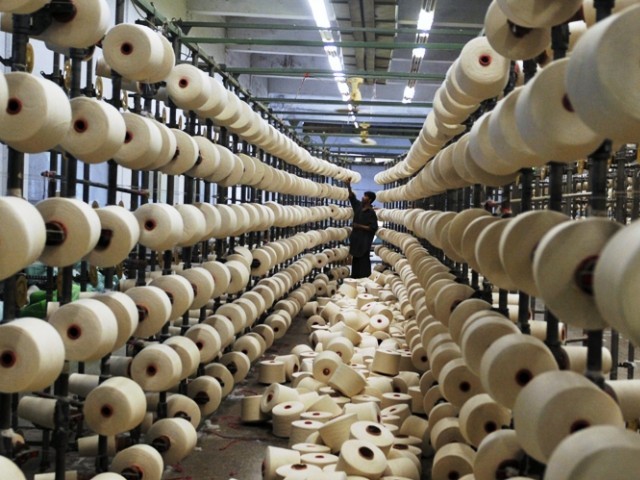PARIS: Youssef Chahine, who died Sunday aged 82, made a lasting impact on the Arab world with films that freely spoke out on Egypt, using – in a first in Arab cinema – the first person.
Chahine, who died after spending several weeks in a coma, turned Egypt’s post-World War II style of popular melodramas into hard-hitting outspoken films that threw the gamut of the country’s problems onto the screen.
“He was the central figure in post-war Arab cinema, said film critic Thierry Jousse, who in 1996 edited a special Chahine issue of France’s prestigious film magazine, Cahiers Du Cinema.
“He was the product at the time of a real national film industry, an Arab Hollywood, Jousse told AFP. “But he figured out how to work within that system while developing a personal style.
Trained in the United States and a longtime Hollywood fan, Chahine returned home in 1948 where he drew from the melodramas popular at the time but injected a note of social realism.
“Sira’ Fil Mina (Dark Waters) in 1956 was the first Arab film shot about workers while “Bab El-Hadid (Cairo: Central Station) in 1958 saw Chahine himself play a simple-minded newspaper-seller. The film’s pace, secondary tales, and careful frames broke with the slower linear movies of those times and upset many film-goers.
He was also ready to bank on new talent, discovering Omar Sharif and giving him a role in his 1954 movie “Sira’ Fil Wadi (The Blazing Sky).
From the very beginning, in 1950 when he was only 25, he produced an auteur cinema that “was practically unknown in Egypt, said Egyptian critic Samir Farid during a Youssef Chahine retrospective in Locarno in 1996.
Often accused of being too westernized, Chahine on the contrary impacted Arab cinema “with his freedom of tone and freedom full stop, said Magda Wassef, who heads the cinema department at the Arab World Institute in Paris.
In 1963, for example, he used the oriental story-telling tradition – a genre ignored by Egyptian cinema – for “Saladin the Victorious, an epic three-hour movie about the 12th century leader preparing to liberate Jerusalem from the Crusaders that draws parallels with President Nasser.
His 1969 movie in similar vein about peasant farmers, “El-Ard (The Land), deals with collusion between rich land-owners and the British.
From 1964 onwards, when he produced “Fajr Youm Gadid (Dawn of a New Day), Chahine began analyzing Egyptian society’s many problems with the aim of releasing movies “that opposed ignorance and mystification.
Co-produced with Algeria in the 1970s and France in the 1980s, his films also highlighted world problems raised in both western and Arab cultures.
“At the end of the 1970s, he embarked on a new cycle of films in which he talks about himself in the first person, which had never been seen before in Arab culture, said Wassef.
His semi-autobiographical trilogy about life in Alexandria where he grew up -“Alexandria…Why? , “An Egyptian Story, “Alexandria Again and Forever, “Alexandria.New York – recounted in the first person “was an almost unthinkable step in the Arab world, where the ‘I’ is part of the collective, said Jousse.
The move opened the way for other filmmakers such as countryman Yousry Nasrallah or Tunisia’s Nouri Bouzid.
Brought up in cosmopolitan Alexandria, open to Muslims, Christians and Jews, “he always defended tolerance and diversity, striving to bringing people together in this sensitive region, said Wassef.
“He had a freedom of expression, he was a rampart against fundamentalists, and puritans, added Jousse.
“And unlike filmmakers in the West, he became a public figure, someone people would walk up to in the street, someone who was listened to.

